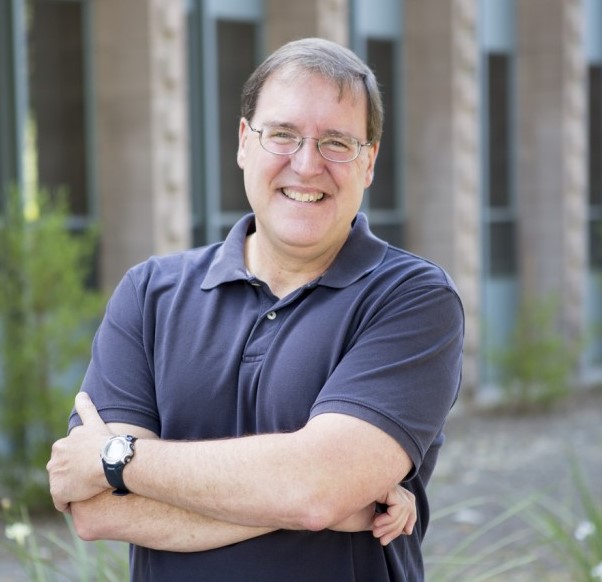About the Seminar
Electron tunneling is a foundational part of biological energy transduction systems, as well as an integral feature in synthetic attempts to harness solar energy. The quest for ever-smaller computing components has focused on “molecular wires” where rapid, controllable electron transfer is of primary importance. Reliable control of electron flow requires understanding what mediates tunneling and how to direct it to desired sites. This talk will discuss what makes for efficient electron transport and how to extract this information from quantum chemistry calculations. In particular, the calculations will try to address the question, “Is through-bond tunneling always the best choice for rapid electron transfer?”
About the Speaker:
Bob Cave got his B.Sc. from Michigan State University in Chemical Physics (1979). There he worked in the lab of Mike Weaver doing electrochemistry and fell in love with electron transfer theory. From there he went to Caltech (Ph.D. 1986) and worked for Rudy Marcus and Bill Goddard, developing simple models to treat orientation effects in electron transfer. He did a postdoc with Ernest Davidson at Indiana University (1985-88) and then joined the faculty at Harvey Mudd College in the Fall of 1988, where he has been ever since. In addition to teaching and research with a group of extraordinary students, he has served in several administrative roles (from which he is glad to have escaped relatively unscathed). During 2018-2018 he was a rotator in the CHE Division of NSF, serving the CTMC, CCI, and MRI programs. His principle research interests are electronic structure theory and its application to treat electron transfer processes.



